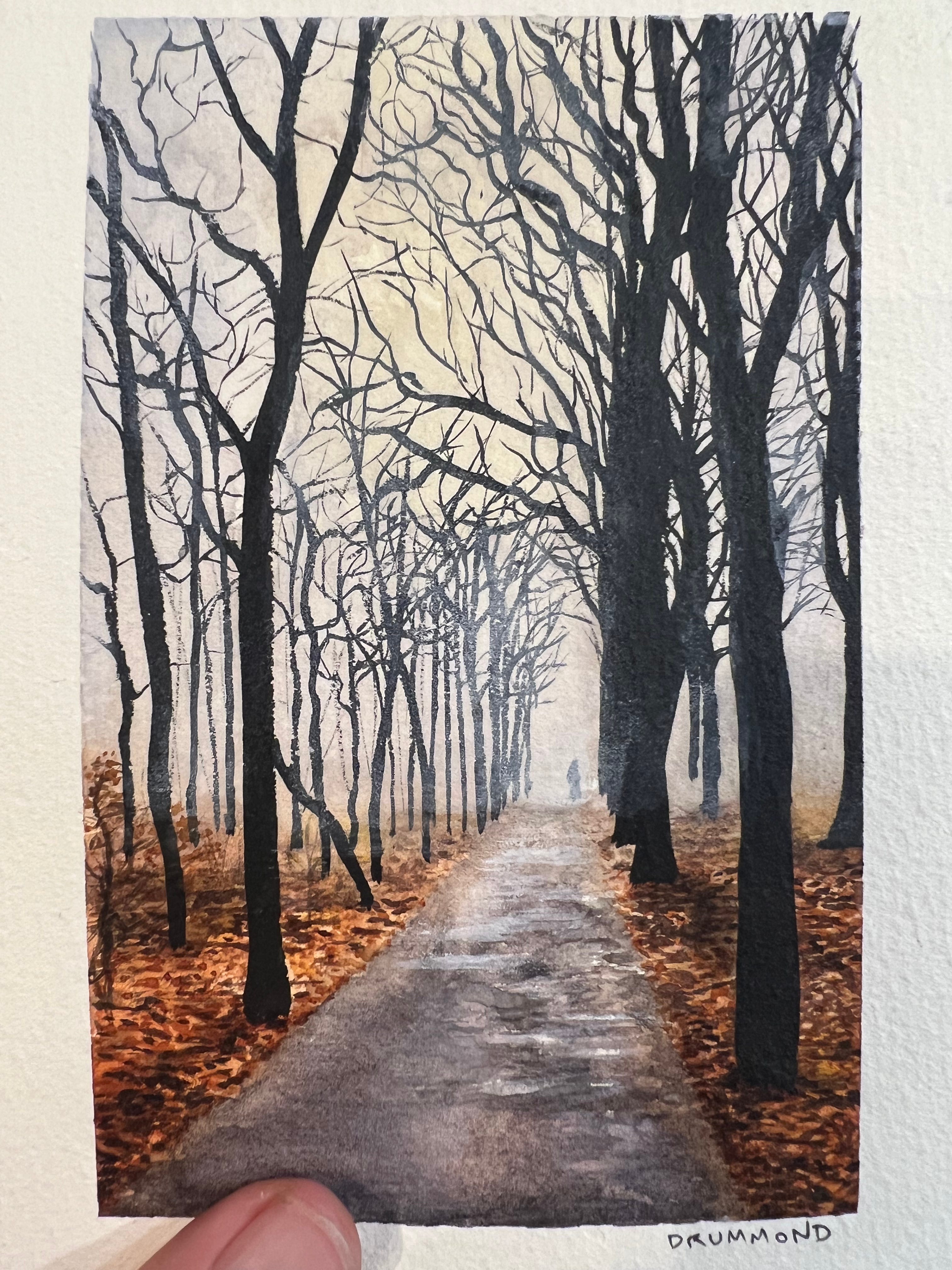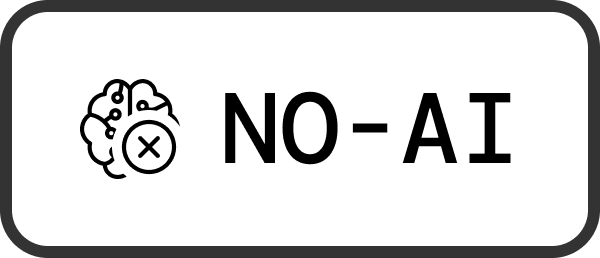Always read the comments?
The Clip Show Guide To Self Improvement
Gidday Cynics,
It has been a Week. The day job Matrix has me, and while this is definitely cause for celebration — having a job is an increasingly rare privilege these days, plus I actually like what I’m doing and suspect I may be borderline good at it — it has left scant time for newsletters.
So I’m going to do something I’ve wanted to do for a while, and throw over to you, the readers. Although Cynic’s Guide is still just a baby in the newsletter lifecycle, I’m thrilled to have already acquired a brilliant and engaged commenter community. Imagine the comments on typical news website Facebook page, then imagine the opposite. That’s you. Be proud!
So for the rest of this newsletter I’m going to take some of the best reader feedback from the Webworm that kicked off this whole boondoggle as well as the newsletters that I’ve put out since, and give some more in-depth responses.
Let’s start with Michele, one of many readers who offered solid feedback and insight on that first Webworm article.
Michele says:
Yes indeed 'the fields are ripe unto harvest' for the opportunistic grifters (who are simply me or you with the volume turned WAY up) to ply their message of hope and validate our distrust of anything we are not.
This is extremely true. A lot of people in the self-improvement space really are just randoms with unwarranted confidence: living embodiments of the Dunning-Kruger effect. Whether or not they deserve the term “grifters” is debatable. I’m pretty sure some are intentionally grifting, but is it worse if they’re amplifying and manipulating people’s dissatisfaction unintentionally?
Emily says:
I’ve always felt like churches, cults, mlm’s, and the self help industry all recruit in a similar fashion. They look for an emotional vulnerability they can lean on, hit it as hard as they can, and then offer you both a solution and a community. The thought of a solution to your problems draws you in, and then the community traps you. It’s hard to pull yourself away from something when it feels like your whole life is wrapped up in it.
Yup. It’s all part of a continuum. I’m pretty sure a lot of my own distrust of cultish self-improvement communities comes from bad religious experiences. Even exercise classes tick that box for me, and for a long time I disliked participating in improv warm-up exercises. Too culty!
Bentia says:
It's wrong to mock those who are trying to improve themselves but it's well and good to truly interrogate those who are selling it to us because they are so often, deeply sick themselves... I try to stay away from self improvement for my own sanity since I don't deal well with failure at all (I don't even do New Year's resolutions) I truly believe that the only safe form of self improvement involves therapy with a licensed professional and possibly an actual psychiatrist. There are too many scams out there and too many unwell people who are trying to get better by selling you something that hasn't even worked for them.
Yes! A lot of people selling self-improvement are deeply fucked up. This speaks to a big part of what I’m trying to do — I want to find self-improvement stuff that isn’t being hawked by people who are themselves doing it to feel less broken, and that’s relatively safe to try doing yourself. Here, like before, there’s a continuum, and people are going to have to find their own comfort. Technically, going for a run is unsafe — you could have a heart attack, or get hit by a car, or be savaged by two wolves1 who aren’t inside you — but it’s rewarding and long-term it’s probably going to be quite good for you.
Karen says:
I have been involved in some of the wellness world a bit and here is how it sometimes goes:
1. You're very special
2. You’re also fucked
3. Only I can fix you. Give me your money
I have read too many self-help books with that exact plot. It’s too predictable. They need to mix it up a bit.
A. Michelle says:
most of self-improvement pop culture is a grift. I think that monetizing the grift has shifted from books to influencers, the latter actually being *worse* because anyone who likes taking selfies and pointing at invisible pop-up text boxes can do it. It doesn't need to be accepted by a publisher or go through an editor.
Fucking hell. This is too real and it makes me feel old. I can’t be doing with TikTok, I just can’t. It stresses me out. The app got wind of the fact I’m interested in self-improvement so it keeps trying to hook me on tradwife influencers peddling Christo-fascism and weird Jordan Peterson acolytes trying to sell me the benefits of testicle-tanning and (judging from the adult zits and haunted eyes) steroid use. I just about manage to put my art on YouTube but doing dances while pointing at the blank space where a text box could be while that horrible obnoxiously cheerful robot voice reads out the caption… fuck that all the way to hell. I’ll stick with my text-heavy newsletter like a common ageing millenial troglodyte, thank you very much. Humbug!
Denis says:
Self-improvement was considered to be a vital part of being “successful” in MLM ! We were forcefully encouraged to BUY, read and study books by Zig Ziglar, Eckhart Tolle, Tony Robbins, Dale Carnegie, Robert Kiyosaki (net worth $100 million) - in fact you couldn’t “go core” until you’d bought these books and introduced a certain number of people to the business in one year! Basically “going core” meant you were sucked in by the carrot offered to you - work hard at recruiting and selling for one year with the promise of an afternoon on the Amway super yacht rubbing shoulders with one or two “Diamonds” in the business!
When I was a kid I read Robert Kiyosaki’s Rich Dad, Poor Dad and found it exciting (I was 16) but disquieting. If I remember correctly, it was an cheat sheet for becoming a slum lord. I soured on it completely when I realised that Kiyosaki had become rich by selling a board game called The Cashflow Quadrant about how to become rich. So yeah, spot the grifter.
Jamie says:
I think grift/scam is actual a semi positive term for some of these self help gurus, these people are after far more than just your money. They want to program you, and they're very open about their objective, they want your money, time, endorsement & your success stories.
Yup. Like so much in our current state of so-called late stage capitalism,2 you and I are not just the customers; we are the product.
JP says:
Second, the unhealthy-ness that comes with people taking self-improvement too far has always facinated me but I don't see it discussed so openly. I'm frustrated how self exploration and educating yourself in history, philosophy, psychology and spirituality so often bumps up against this unhealthy obsession with someone trying to 'fix' you and nothing ever being enough. It's so healing to see this being talked about. Thank you so much.
Thanks JP! I’m sure there are healthy ways to explore this stuff. I’m convinced self-improvement is a pretty fundamental human impulse and I’m tired of seeing it monopolised by grifters and earning a reputation as garbage.
Kat says:
I feel like your assessment of self-help is quite gendered as you haven’t identified any of the ways parents (mostly mothers) are preyed on and all the ways they could be improving their parenting. I hope that’s included in your longer project 😊
This is true, and a good point. I replied to this comment when Kat wrote it on Webworm, but I wanted to do it again here. I’m looking at the world of self-improvement from my perspective, which is as mid as it is possible to be. I am a married straight white man with a corporate job, approaching the pointy end of my 30s, who has become overly interested in pull-ups. Fortunately, I have friends who identify otherwise and have different perspectives, and some of them have offered to write guest spots. Others have agreed to interviews. I’m looking forward to showing their perspectives here, and if you have expertise you’d like to see shared, I’d love to hear from you.
Some more recent comments! This one popped up just a couple of days ago but I forgot to reply. Linda says:
If you could share some tips on how to get out of bed when the alarm goes off that would be great!
Putting your phone away from your bed is just cruel to your morning self, I can't do that to poor morning me.
Uhhh. I’ll share what works for me, in order of “sometimes effective” to “100 percent guaranteed effective:”
Putting my phone in a different room. Sorry! I do this most nights, and perversely, I find that the antici3 of getting up to see all the exciting messages that have undoubtedly arrived in the wee hours can help yank me out of bed. Then I get up and reply to work emails. Brains are weird.
This one is embarrassing, but it works. I pretend I’m a robot. Instead of trying to will myself out of bed, I just watch as my limbs kind of autonomously operate to drag me to the kitchen kettle where I can make coffee. Binary solo.
Acquire a child. Having a screaming infant in the house will get you out of bed at any hour of the day or night, repeatedly. I guarantee it. The human brain is hardwired to be unable to shut that sound out.
And, stealing advice from others: you might benefit from more sleep, if that is possible for you, and more exposure to sunlight in the morning. Both can really help.
More comments I forgot to reply to! Amy Smith says:
I once played assassins creed so much during highschool (HSC Trials) that I experienced the Tetris effect and was playing it when I closed my eyes and hearing/hallucinating the eagle scream 😳
Ugh, shut-eye hallucinations after doing the same thing too much during the day can be really intense. It’s happened to me with videogames many times, but the worst ones I ever experienced were when I worked as a beekeeper. I'd shut my eyes and they'd be full of bees.
Here’s one of my favourite comments, from the Two Wolves fakelore article, courtesy of my friend Jackson:
Shaped by late stage tech capitalism we’re being reduced to ‘gramable characters of ourselves with all the gory details almost literally filtered out. All this unfactchecked trite superficial bullshit is easy, it’s a nice story that helpfully neglects the complex’s realms of neuroscience, psychology, and physics (how the fuck do two full grown wolves fit inside a human let alone have enough space to fight?)
Now there’s nothing wrong with having a yarn and spinning a tale — even if it is a bit of a shit one. The problem arises when we’re so bombarded by these simple black/white narratives which just do not stack up with out insanely complex lived experience. They start to make us feel shit. If I could only tame that wolf. Next thing you know your YouTube recommendations are all videos about how to tame wild animals and your Insta ads are all at home surgery kits.
The weird thing is that Seneca kinda foresaw all of this. His works are littered with aphorisms which, 2000 years later, still ring true.
To boil this all down to one pithy quote — and tie up this little story where I’ve railed against little narratives which fit nicely in gift wrapped boxes replete with bow — here is Seneca:
“We are more often frightened than hurt; and we suffer more from imagination than from reality”
Oversimplifying problems, then trying to solve them, is at the root of so much of what is wrong with self-improvement. Alphas and betas. Two wolves. Crows and eagles. The mating habits of Maine lobsters. You can’t fix those things, because the metaphors are too tortured and have devolved into nonsense. It’s a brilliant insight. Thank you, Jackson.
Final word on Two Wolves goes to another old friend and welcome presence here on CGTSI, Lucy:
For my coaching work I’m learning about Acceptance and Commitment Therapy (ACT) and was listening to a podcast interview (ironically, on a podcast called The One You Feed) with Russ Harris, who is an excellent writer on the topic. Check him out (The Happiness Trap should be required reading). Anyway, he doesn’t like the metaphor, because he thinks as long as the wolves are fighting neither will win - better to have the wolves learn to coexist and make peace with each other, to co-operate and work together, because neither can dominate the other for long.
I really like that. Starving wolves are notoriously troublesome. So don’t starve the wolf. Befriend it. If you’re going to indulge the metaphor, this seems like a healthy way to do so.
And, lastly, here’s my increasingly insurmountable reading and podcast list, as recommended by you. Feel free to suggest more in the comments! I look forward to reading them at some point in the next decade or so.
Podcasts to check out
- Conspirituality
- If Books Could Kill
Maintenance Phase- What Matters Most
Books to check out
- Feeling Good by David Burns
- The Book You Wish Your Parents Had Read by Philippa Perry
- Keeping House While Drowning by KC Davis
- Feel The Fear And Do It Anyway by Susan Jeffers
- How To Do The Work by Dr. Nicole LePera
- Suckers by Rose Shapiro
- Slow by Brooke McAlary
- The Happiness Trap by Russ Harris
- Things Might Go Terribly, Horribly Wrong by Kelly G. Wilson and Troy DuFrene
- The Life-Changing Magic Of Not Giving A Fuck by Sarah Knight
YouTubers to tolerate
- WheezyWaiter
- Iilluminaughtii
Even more self-improvement stuff to do / strenuously avoid
- Reiki
- Tai Chi
- Sound healing(!)
- Crystals
- Oils
- Wellness festivals
That’s it for now! Thanks for your kind and thoughtful comments. You make this newsletter what it is, and I’m stoked to have you here. Now, I’ve got a request: please talk amongst yourselves! I’d love to hear from those who might have been feeling a bit shy up until now, and for you to let other readers know what you’re about. Let’s hear your ideas about self-improvement, and (especially) in what ways you’ve found self help has actually helped your selves. It’s all valid and interesting. Sound off in the comments, and then I can do another one of these clip-show newsletters when I next have a frantic week at work.
Also here is a painting I did. First watercolour in a year and a half.


This probably happens more in America than it does in NZ ↩
I’m no fan of the current situation but this term bothers me. Late stage how? Why are we just assuming the inevitability of collapse, and that the collapse will be a net good? What’s coming next? And who’s to say it won’t be worse? In case you cannot tell, I am very tired. ↩
pation ↩





